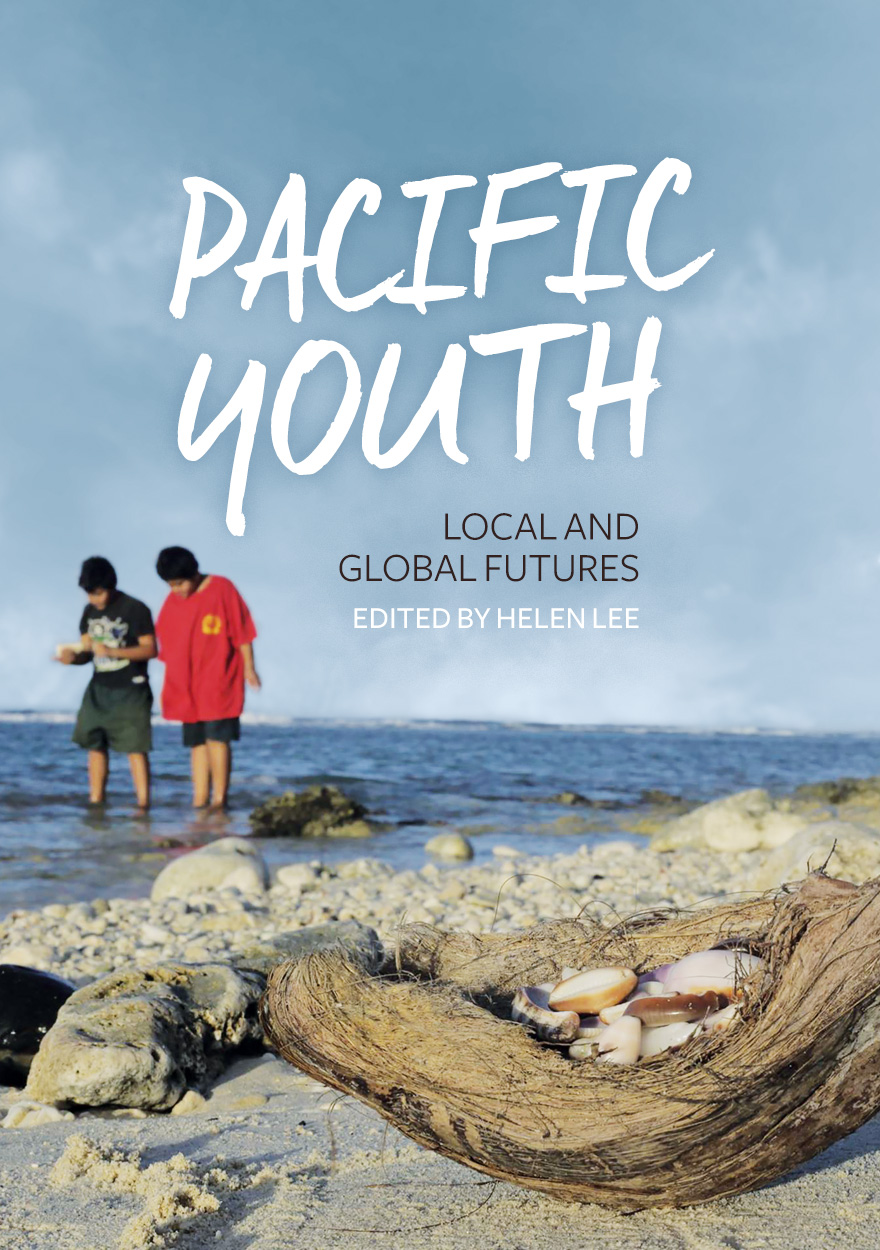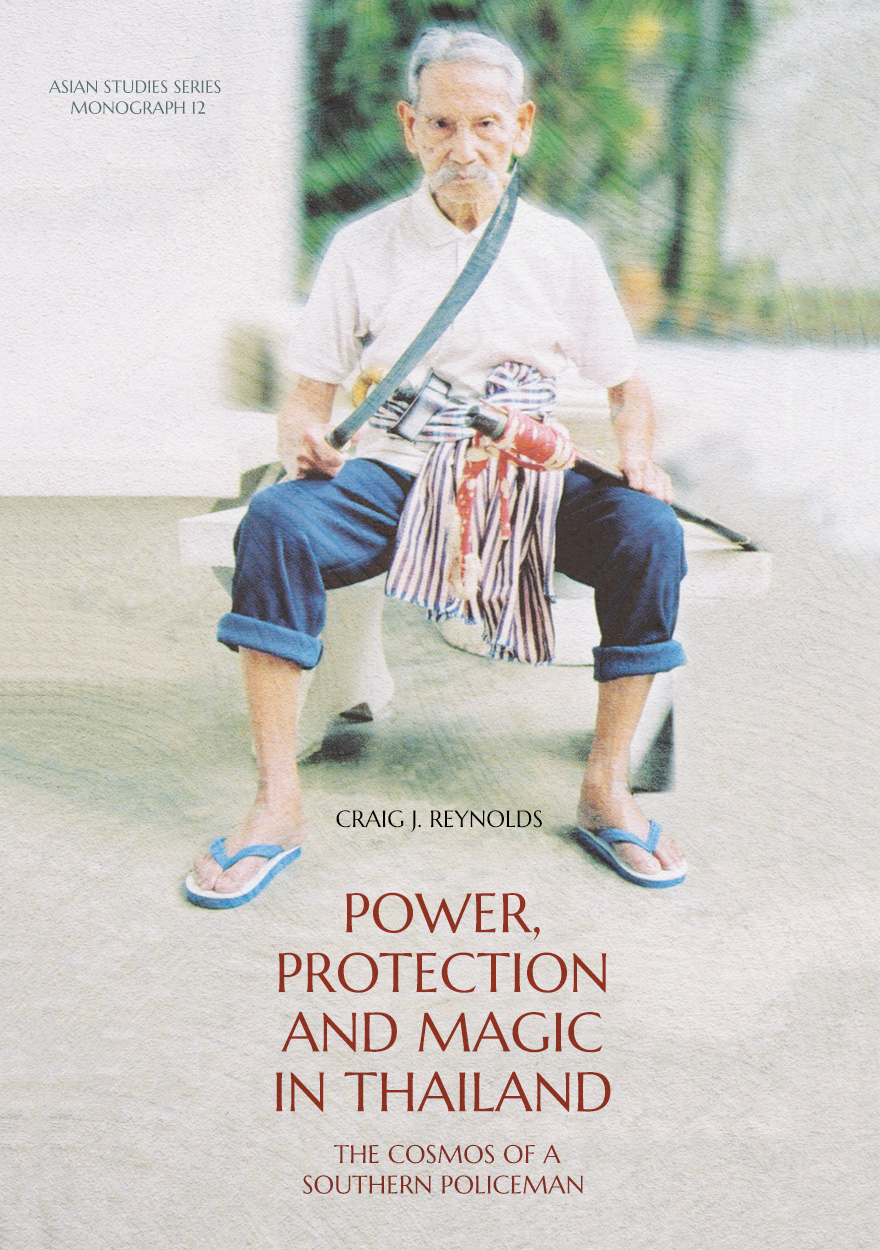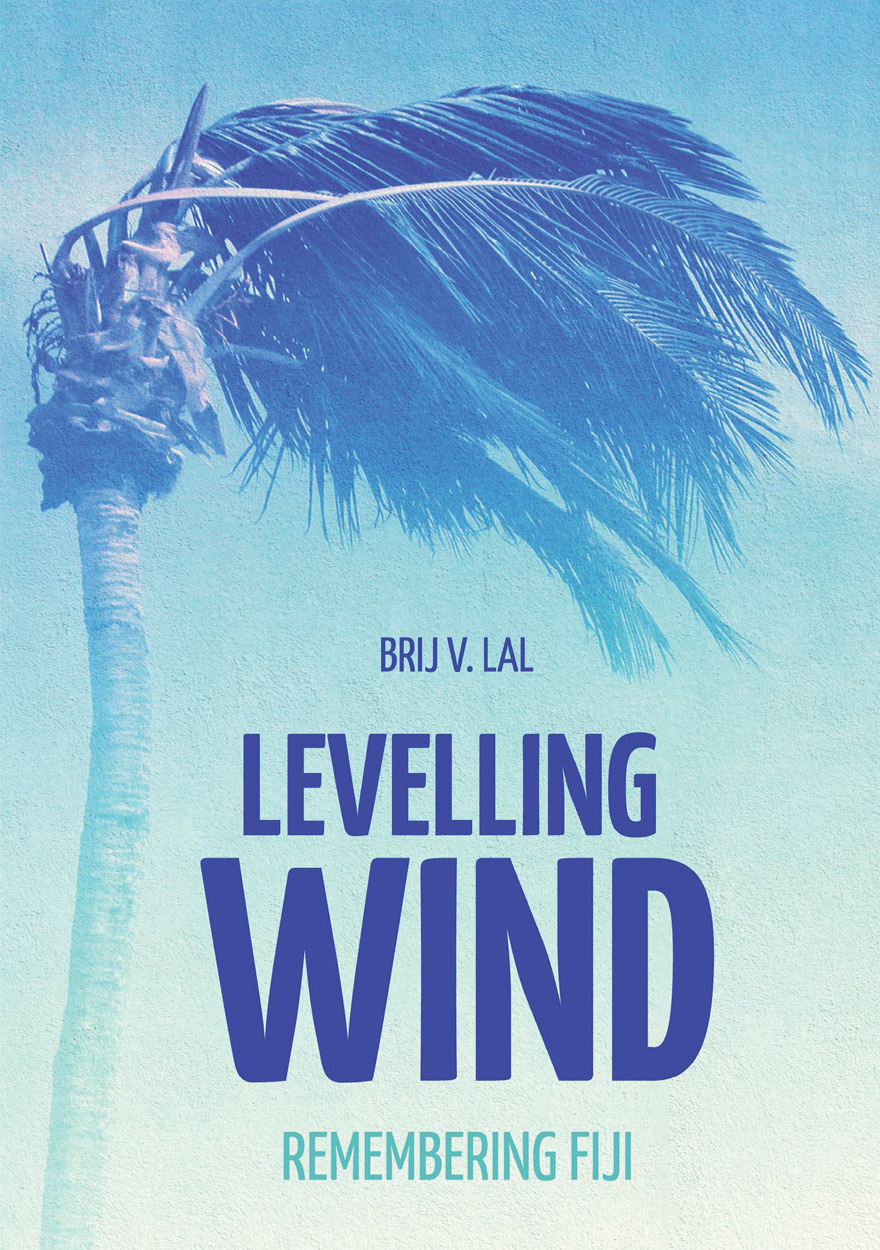Textbooks
Browse or search textbooks or find out more about the publications' authors. Download the ebook for free or buy a print-on-demand copy.
Displaying results 261 to 270 of 2630.

Civil Society and Transitional Justice in Asia and the Pacific »
Publication date: November 2019
Over the last two decades, civil society has helped catalyse responses to the legacies of violent conflicts and oppressive political regimes in Asia and the Pacific. Civil society has advocated for the establishment of criminal trials and truth commissions, monitored their operations and pushed for take-up of their recommendations. It has also initiated community-based transitional justice responses. Yet, there has been little in-depth examination of the breadth and diversity of these roles. This book addresses this gap by analysing the heterogeneity of civil society transitional justice activity in Asia and the Pacific.
Based upon empirically grounded case studies of Timor-Leste, Indonesia, Cambodia, Myanmar, Bougainville, Solomon Islands and Fiji, this book illustrates that civil society actors can have different – and sometimes competing – priorities, resources and approaches to transitional justice. Their work is also underpinned by diverse understandings of ‘justice’. By reflecting on the richness of this activity, this book advances contemporary debates about transitional justice and civil society. It will also be a valuable resource for scholars and practitioners working on Asia and the Pacific.

Commonwealth Responsibility and Cold War Solidarity »
Australia in Asia, 1944–74
Authored by: Dan Halvorson
Publication date: November 2019
Australia’s engagement with Asia from 1944 until the late 1960s was based on a sense of responsibility to the United Kingdom and its Southeast Asian colonies as they navigated a turbulent independence into the British Commonwealth. The circumstances of the early Cold War decades also provided for a mutual sense of solidarity with the non‑communist states of East Asia, with which Australia mostly enjoyed close relationships. From 1967 into the early 1970s, however, Commonwealth Responsibility and Cold War Solidarity demonstrates that the framework for this deep Australian engagement with its region was progressively eroded by a series of compounding, external factors: the 1967 formation of ASEAN and its consolidation by the mid-1970s as the premier regional organisation surpassing the Asian and Pacific Council (ASPAC); Britain’s withdrawal from East of Suez; Washington’s de‑escalation and gradual withdrawal from Vietnam after March 1968; the 1969 Nixon doctrine that America’s Asia-Pacific allies must take up more of the burden of providing for their own security; and US rapprochement with China in 1972. The book shows that these profound changes marked the start of Australia’s political distancing from the region during the 1970s despite the intentions, efforts and policies of governments from Whitlam onwards to foster deeper engagement. By 1974, Australia had been pushed to the margins of the region, with its engagement premised on a broadening but shallower transactional basis.

International Review of Environmental History: Volume 5, Issue 2, 2019 »
Edited by: James Beattie
Publication date: November 2019
International Review of Environmental History takes an interdisciplinary and global approach to environmental history. It encourages scholars to think big and to tackle the challenges of writing environmental histories across different methodologies, nations, and time-scales. The journal embraces interdisciplinary, comparative and transnational methods, while still recognising the importance of locality in understanding these global processes.
The journal's goal is to be read across disciplines, not just within history. It publishes on all thematic and geographic topics of environmental history, but especially encourage articles with perspectives focused on or developed from the southern hemisphere and the ‘global south’.
Download for free
Not available for purchase

East Asia Forum Quarterly: Volume 11, Number 4, 2019 »
Publication date: November 2019
The idea that countries can pursue prosperity and security as separate streams of the national interest has passed. Economics and security have always been enmeshed, although we assumed otherwise. The nature of the relationship between the two is changing fast. The narratives that surround the change find it difficult to keep up with the facts.
The world has become more multipolar, with remarkable growth outside the established powers in the North Atlantic. And big countries—not just the United States and China, but other G20 members like Brazil, Turkey, Russia and the United Kingdom—have become more nationalist and brazen in asserting what they perceive to be their economic and security interests over those of others. The US–China relationship is increasingly characterised by strategic competition in both the economic and security domains.
At the same time, digital technology has not just transformed products, firms and markets, it has opened them to cyber disruption and attack, resulting in a cross-over of security into the economic and social domains.
This issue of the East Asia Forum Quarterly explores what is happening, why and how to respond to the change. These essays argue for careful thought and active engagement by governments, business and the broader community. Genuine dialogue and problem-solving between the economic and security parts of universities and government is a good first step to frame the problem broadly, keep perspective and find solutions.
East Asia Forum Quarterly grew out of East Asia Forum (EAF) online, which has developed a reputation for providing a platform for the best in Asian analysis, research and policy comment on the Asia Pacific region in world affairs. EAFQ aims to provide a further window onto research in the leading research institutes in Asia, and to provide expert comment on current developments within the region. East Asia Forum Quarterly, like East Asia Forum online, is an initiative of the East Asia Forum and its host organisation, the East Asian Bureau of Economic Research in the Crawford School of Economics and Government in the College of Asia & the Pacific at The Australian National University.
Download for free
Not available for purchase

Pacific Youth »
Local and Global Futures
Edited by: Helen Lee
Publication date: October 2019
Pacific populations are becoming younger and this ‘youth bulge’ is often perceived as a dangerous precursor to civil unrest. Yet young people are also a valuable resource holding exciting potential for the future of island nations. Addressing these conflicting views of youth, this volume presents ethnographic case studies of young people from across the Pacific and the diaspora. Moving beyond the typical focus on ‘youth problems’ in reports by Pacific governments and development agencies, the authors examine the highly diverse lives and perspectives of young people in urban and rural locations. They celebrate the contributions of youth to their communities while examining the challenges they face. The case studies explore the impacts of profound local and global changes and cover a wide sweep of youth experiences across themes of education, employment and economic inequalities, political and civil engagement, and migration and the diaspora.
Contributors to this volume bring many decades of experience of research with Pacific people as well as fresh perspectives from early career and graduate researchers. Most are anthropologists and their chapters contribute to the interdisciplinary fields of youth studies and Pacific studies, offering thought-provoking insights into the possibilities for Pacific youth as they face uncertain futures.

Framing the Islands »
Power and Diplomatic Agency in Pacific Regionalism
Authored by: Greg Fry
Publication date: October 2019
Since its origins in late eighteenth-century European thought, the idea of placing a regional frame around the Pacific islands has never been just an exercise in geographical mapping. This framing has always been a political exercise. Contending regional projects and visions have been part of a political struggle concerning how Pacific islanders should live their lives. Framing the Islands tells the story of this political struggle and its impact on the regional governance of key issues for the Pacific such as regional development, resource management, security, cultural identity, political agency, climate change and nuclear involvement. It tells this story in the context of a changing world order since the colonial period and of changing politics within the post-colonial states of the Pacific.
Framing the Islands argues that Pacific regionalism has been politically significant for Pacific island states and societies. It demonstrates the power associated with the regional arena as a valued site for the negotiation of global ideas and processes around development, security and climate change. It also demonstrates the political significance associated with the role of Pacific regionalism as a diplomatic bloc in global affairs, and as a producer of powerful policy norms attached to funded programs. This study also challenges the expectation that Pacific regionalism largely serves hegemonic powers and that small islands states have little diplomatic agency in these contests. Pacific islanders have successfully promoted their own powerful normative framings of Oceania in the face of the attempted hegemonic impositions from outside the region; seen, for example, in the strong commitment to the ‘Blue Pacific continent’ framing as a guiding ideology for the policy work of the Pacific Islands Forum in the face of pressures to become part of Washington’s Indo-Pacific strategy.

Power, Protection and Magic in Thailand »
The Cosmos of a Southern Policeman
Authored by: Craig J. Reynolds
Publication date: October 2019
This biographical study of an unusual southern policeman explores the relationship between religion and power in Thailand during the early twentieth century when parts of the country were remote and banditry was rife. Khun Phan (1898–2006), known as Lion Lawman, sometimes used rather too much lethal force in carrying out his orders. He was the most famous graduate of a monastic academy in the mid-south, whose senior teachers imparted occult knowledge favoured by fighters on both sides of the law. Khun Phan imbibed this knowledge to confront the risks and uncertainty that lay ahead and bolster his confidence and self-reliance for his struggle with adversaries.
Against the background of national events, the story is rooted in the mid-south where the policeman was born and died. Based on a wide range of works in Thai language, on field trips to the region and on interviews with local and regional scholars as well as the policeman’s descendants, this generously illustrated book, accompanied by short video clips, brings to life the distinctive environment of the lakes district on the Malay Peninsula.

Following the Water »
Environmental History and the Hydrological Cycle in Colonial Gippsland, Australia, 1838–1900
Authored by: Kylie Carman-Brown
Publication date: October 2019
Water reflects culture.
This book is a detailed analysis of hydrological change in Australia’s largest inland waterway in Australia, the Gippsland Lakes in Victoria, in the first 70 years of white settlement.
Following air, water is our primal need. Unlike many histories, this book looks at the entire hydrological cycle in one place, rather than focusing on one bit. Deftly weaving threads from history, hydrology and psychology into one, Following the Water explores not just what settlers did to the waterscape, but probes their motivation for doing so.
By combining unlikely elements together such as swamp drainage, water proofing techniques and temperance lobbying, the book reveals a web of perceptions about how water ‘should be’. With this laid clear, we can ask how different we are from our colonial forebears.

Levelling Wind »
Remembering Fiji
Authored by: Brij V. Lal
Publication date: October 2019
‘What I have sought to do in my work is to give voiceless people a voice, place and purpose, the sense of dignity and inner strength that comes from never giving up no matter how difficult the circumstances. History belongs as much to the vanquished as to the victors.’
— Brij V. Lal
‘Professor Brij Lal is the finest historian of the Indian indentured experience and the Indian diaspora. His Girmitiyas is a classic.’
— Emeritus Professor Clem Seecharan, London Metropolitan University
‘Brij Lal is a highly respected, versatile and imaginative scholar who has made a lasting contribution to the historiography of the Pacific.’
— Dr Rod Alley, Victoria University of Wellington
‘Professor Brij Lal’s life is a remarkable journey of a scholar and an intellectual whose writings are truly transformative; a man of moral clarity and courage who also has deep pain at being cut off from his homeland.’
— Professor Michael Wesley, Dean of the College of Asia and the Pacific, The Australian National University
‘Brij Lal is a singular scholar, whose work has spanned disciplines – from history, political commentary, encyclopedia, biography and “faction”. Brij is without doubt the most eminent scholar in the humanities and social sciences Fiji has ever produced. He also remains one of the most significant public intellectuals of his country, despite having been banned from entering it in 2009.’
— Emeritus Professor Clive Moore, University of Queensland
‘Brij Lal is an accomplished and versatile historian and true son of Fiji. Above all, there is affirmation here of the enduring worth of good literature and the value of good education that Lal received and wants others to experience. The world needs more Lals who speak out against ruling opinions and dare to stray into the pastures of independent thought.’
— Professor Doug Munro, historian and biographer, Wellington, and Adjunct Professor at the University of Queensland

Australian Journal of Biography and History: No. 2, 2019 »
Publication date: October 2019
The second issue of the Australian Journal of Biography and History is a joint project between the National Centre of Biography at The Australian National University (ANU), and the Canberra and District Historical Society (CDHS). It seeks to recognise, perhaps reiterate, the relationship between the study of biography, as exemplified by the Australian Dictionary of Biography (ADB), and the practice of local and family history and heritage, the mission of the society. Most of the contributors are members of the society, and have been involved in the often painstaking and minute study of aspects of the history of Canberra and its region for many years. In ‘A City and Its People: Canberra in the Australian Dictionary of Biography’, Karen Fox explores Canberra history by discussing some of wide array of people ‘who have lived, worked, loved, and fought in the Canberra district’, and who are represented in the ADB. James McDonald, in his article ‘A Good Sheep Station Ruined’, examines the pastoral origins of the Canberra district, finding that the industry in the region was, before the founding of the capital city, a centre of innovation and enterprise, with stations such as Henry ‘Babe’ Curran’s Ginninderra a national exemplar of the wool industry. In a second article, ‘Migration as an Opportunity for Reinvention’, McDonald discusses the potential of immigration to refashion identities, using the biographies of Alfred and Margaret Rich, early settlers at Gundaroo, who had faced disadvantages in England because of their racial backgrounds.
‘Three Years in the Life of Chief Constable Patrick Kinsela’, by Gillian Kelly, examines the role of the first policeman in the district, who took up his posting at the nascent town of Queanbeyan in 1837, and in many ways exemplified the system of justice in the region until his early death in 1841. Kinsela is an unusual biographical subject as very little is known about his life until he assumed the role, while from then on, his life and times comes into focus by virtue of his reports, reports in the local press and colonial government inquiries. Michael Hall, in his article ‘The Sentinel over Canberra’s Military History’, explores the connections between the Anglican Church of St John the Baptist, now in the Canberra suburb of Reid, and the military, and the war experiences of some of its parishioners. The final two articles of the issue move towards aspects of the modern history of Canberra, the first exploring the life stories of Vince and Viola Kalokerinos who, for many years, ran a milk bar at Curtin, a place that has assumed a prominent place in both the commercial and social history, and indeed has become almost a part of the folklore, of the city. Their story is a reminder of the impact of Greek immigrants on the development of Canberra, and their willingness to work long hours to provide essential services to a population that was made up largely of government employees. Finally, Nick Swain discusses the life and work of one of Canberra’s early photographic entrepreneurs, Les Dwyer, who came to Canberra as a construction labourer in 1924 but, as a consequence of the Depression and workplace injury, converted a hobby into an enterprise. Included also are two essay length review articles, and a series of reviews on recently published Australian biographical works.
Download for free
Not available for purchase



